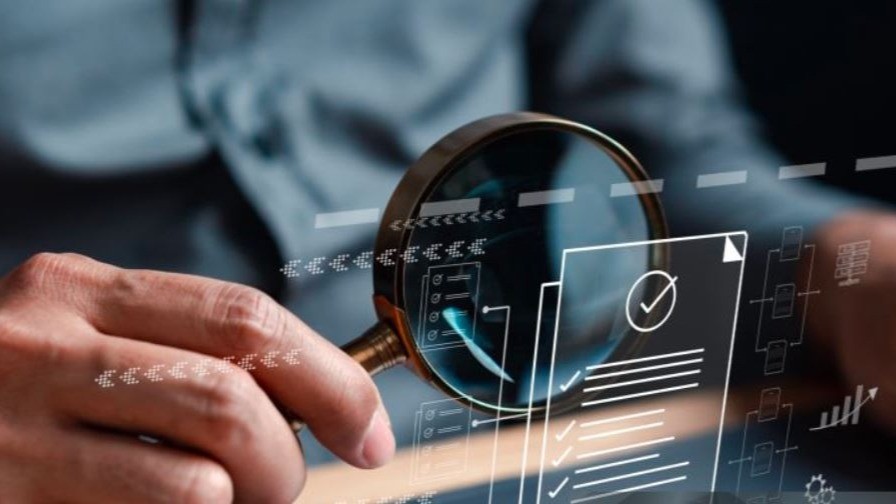In modern real estate and facility management, one of the most overlooked yet essential components of a safe and efficient building is the elevator system. Whether it’s a commercial high-rise, residential apartment, hospital, or hotel, elevators serve a vital role in daily operations. However, many building owners, property managers, and developers often neglect one of the smartest decisions they can make engaging an elevator consultant.
Elevator consulting is not just about technical assessments or choosing a vendor. It’s about safety, cost-efficiency, risk mitigation, compliance, and long-term performance. In this blog post, we explore the depth of elevator consulting, why it matters, when to hire a consultant, and how it directly impacts building compliance and operational excellence.
What Is Elevator Consulting?
Elevator consulting is a professional service that provides independent, expert guidance on all aspects of vertical transportation systems elevators, escalators, dumbwaiters, and lifts. Unlike elevator manufacturers or service providers, elevator consultants work solely in the best interest of the building owner, offering unbiased advice.
Their services include:
- Feasibility studies
- Design reviews
- Maintenance audits
- Modernization plans
- Compliance inspections
- Bidding support for new installations
Think of an elevator consultant as a technical advocate who ensures your vertical transport system aligns with safety standards, building codes, usage demands, and long-term costs.
The Role of an Elevator Consultant in Modern Buildings
Elevator consultants play multiple roles across the building lifecycle. From the design stage to construction, maintenance, modernization, and inspections—they are involved at every critical point. Their expertise ensures you don’t make costly mistakes that compromise safety or code compliance.
1. Design & Planning Support
When constructing a new building, consultants evaluate traffic flow, usage patterns, and elevator types to recommend optimal solutions. They ensure the elevator system will accommodate foot traffic, meet ADA accessibility requirements, and adhere to all applicable codes.
2. Maintenance Oversight
For existing buildings, consultants audit maintenance records, inspect current systems, and evaluate elevator management services to improve performance and reduce downtime.”. If you’re experiencing breakdowns or paying high service fees, an elevator consultant can pinpoint inefficiencies and negotiate better terms with service providers.
3. Modernization Strategies
Many elevators in the U.S. are over 20–30 years old. Consultants provide modernization plans to replace aging components while minimizing building disruption. They prioritize safety, energy efficiency, and code compliance, ensuring your modernization is cost-effective and future-proof.
Why Elevator Consulting Is Essential for Safety
Elevator-related accidents, while rare, do happen—and can be devastating. Malfunctions, improper maintenance, or non-compliance with codes can lead to injury, legal claims, and even loss of life. Elevator consultants are trained to detect potential hazards before they escalate.
Code Compliance
Most U.S. states and cities enforce elevator safety codes derived from ASME A17.1/CSA B44 and local building ordinances. These codes are updated regularly. Consultants ensure your elevators comply with the latest regulations, helping you avoid fines, shutdowns, or lawsuits.
Fire and Emergency Readiness
Consultants also ensure elevators are compliant with fire safety codes. This includes firefighter operation features, proper signage, recall systems, and elevator shaft protection—all critical in emergencies.
Accessibility
Elevators must be ADA-compliant, offering access to all users regardless of physical ability. Consultants ensure button placement, auditory signals, door timing, and emergency communication systems are properly designed and installed.
When Should You Hire an Elevator Consultant?
Building owners and managers often wait too long before involving a consultant usually after a major failure or a lawsuit. Proactive consulting saves money and protects occupants. Here are key situations where an elevator consultant is essential:
1. New Construction or Major Renovation
You need proper specifications, load calculations, and vendor-neutral bidding support to avoid overpaying or choosing the wrong equipment.
2. Rising Maintenance Costs
If your service provider keeps increasing costs or your repair bills are skyrocketing, a consultant can audit the system and recommend corrective action.
3. Frequent Breakdowns
Elevators breaking down frequently pose safety risks. Consultants identify the root cause and can help negotiate with maintenance contractors.
4. Planning for Modernization
An outdated elevator system can become a liability. A consultant will outline which components need upgrading, create a phased implementation plan, and help you find competitive bids.
5. Property Acquisition Due Diligence
Real estate investors and developers often hire consultants to inspect elevators before purchasing buildings to uncover hidden risks or upcoming capital expenditures.
Cost-Savings Benefits of Elevator Consulting
Contrary to belief, hiring a consultant does not add costs it reduces them. Here’s how:
1. Competitive Bidding
Consultants help you source multiple vendor bids for equipment or maintenance, ensuring you get the best value, not just the lowest price.
2. Avoid Over-Engineering
Some contractors oversell elevator features that are unnecessary. Consultants help tailor solutions to actual building needs.
3. Maintenance Contract Optimization
Consultants often renegotiate better service terms or help switch to a more reliable provider, saving thousands annually.
4. Prolonged Equipment Life
Proper consulting leads to regular maintenance, phased upgrades, and better asset management extending elevator lifespan.
Real-World Case Study: Modernizing a 25-Year-Old Office Tower
Background:
A property management company in New York City was facing constant tenant complaints due to elevator breakdowns in a 20-story office tower.
Problem:
Their current maintenance contractor lacked transparency, and repair costs had doubled in the past two years. They needed a solution but didn’t know where to start.
Solution:
An elevator consultant performed a detailed audit and discovered the controllers and door operators were obsolete. They drafted a modernization plan and helped the building secure three competitive bids.
Result:
The selected modernization vendor completed upgrades in phases, minimizing downtime. The consultant also renegotiated the maintenance contract post-upgrade, cutting service costs by 40%.
Outcome:
Tenant satisfaction improved, emergency calls dropped by 85%, and the building avoided potential lawsuits tied to previous ADA non-compliance.
What to Look for in a Qualified Elevator Consultant
If you’re considering hiring an elevator consultant, ensure they have:
- Certifications: Such as QEI (Qualified Elevator Inspector) or NAESA membership
- Experience: With buildings similar to yours (residential, commercial, institutional)
- Vendor Independence: They should not be affiliated with elevator manufacturers
- Strong References: From property managers, architects, or construction firms
- Local Code Knowledge: Familiarity with regional safety codes and inspection processes
The Future of Elevator Consulting: Smart Systems & AI Integration
Elevator technology is advancing rapidly. Smart elevators, IoT-based monitoring, predictive maintenance, and AI-powered diagnostics are becoming the norm. Elevator consultants are evolving with the times by incorporating digital tools and data analytics into their services.
Predictive Maintenance – Instead of reacting to faults, consultants now use smart diagnostics to predict failures before they happen.
Data-Driven Reporting – Automated reporting systems track elevator performance, repair history, and code compliance in real time.
Green Building Integration – Consultants advise on sustainable elevator technologies that reduce energy consumption and align with LEED certifications.
How Elevator Consulting Supports Property Value and Reputation
Reliable elevators boost building reputation, tenant retention, and operational efficiency. In contrast, poorly maintained systems cause tenant dissatisfaction, legal exposure, and depreciation.
Benefits to Building Owners:
- Increased asset value
- Reduced insurance risk
- Stronger tenant trust
- Enhanced marketability
Benefits to Tenants:
- Safer travel
- Less waiting time
- Fewer disruptions
- Better accessibility
Don’t Wait for a Breakdown Get an Elevator Consultant Today
Elevator consulting is not a luxury it’s a necessity. Whether you manage a commercial tower, residential building, or institution, bringing in a certified elevator consultant will ensure safety, compliance, and cost-efficiency.
In today’s regulatory environment and competitive property market, overlooking elevator performance is no longer an option. Elevators are the lifelines of vertical structures, and they deserve expert oversight.




